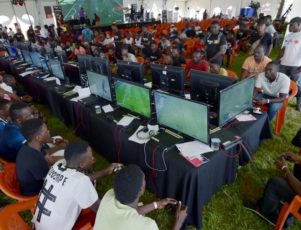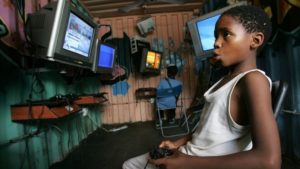In the heart of Yaoundé, Cameroon, a video game studio is gaining international recognition for its bold and original storytelling. Kiro’o Games, founded in 2012 by Olivier Madiba, has made it its mission to place African stories at the center of the gaming world. With its latest release, “The Elite of Mboa” (also known as Le Responsable), the studio delivers a humorous, strategic take on political life in a fictional African country—blending gameplay with social critique.
Kiro’o Games, short for Kiroho Maono (meaning “spiritual vision” in Swahili), is the first video game studio in Central Africa. Since its creation, the studio has trained and employed a team of young developers and artists, most of them local. It operates with a clear goal: to break away from Western-dominated narratives and build a game universe that reflects the realities and imagination of the African continent.
In 2015, Kiro’o Games launched its first title, “Aurion: Legacy of the Kori-Odan,” an action RPG inspired by African mythology. The game received international praise for its originality and world-building. To fund its development, the studio raised over 300,000 dollars through a mix of crowdfunding and international angel investors—an unprecedented achievement for a startup in the region.

“The Elite of Mboa”: A Game of Choices, Corruption, and Comedy
“The Elite of Mboa,” released in 2020, is a satirical simulation game set in the fictional republic of Mboa. Players take on the role of a young graduate who lands a job in the Ministry of Paperwork and must navigate the complexities of public service, family obligations, and career ambitions. The game offers multiple storylines depending on the player’s choices, including whether to act with integrity or fall into corruption.
Players manage a character’s resources, organize public events, dodge internal audits, and interact with a colorful cast of coworkers and politicians. The design of the game draws heavily on the social and political culture of Central Africa, using local humor, real-world inspired scenarios, and expressive dialogue. It is available in both English and French and is compatible with PC and Android platforms.
As of 2024, “The Elite of Mboa” has been downloaded more than 60,000 times and is receiving increasing attention from educators and NGOs who see it as a tool for sparking conversations about governance, ethics, and civic responsibility in Africa. The game is also being adapted for mobile and console, and Kiro’o Games is actively working on expanding its reach.
Alongside game development, the studio has launched Kiro’o Rebuntu, a mentorship and funding platform designed to support young African entrepreneurs in the digital and creative industries.
By mixing satire with thoughtful gameplay, Kiro’o Games continues to prove that Africa not only has unique stories to tell but also the creative power and technical skill to share them with the world.
Photos : premortem.games –


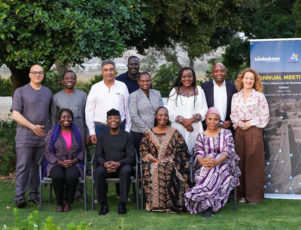

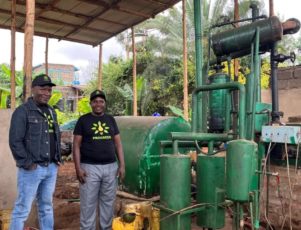
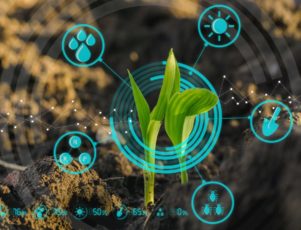
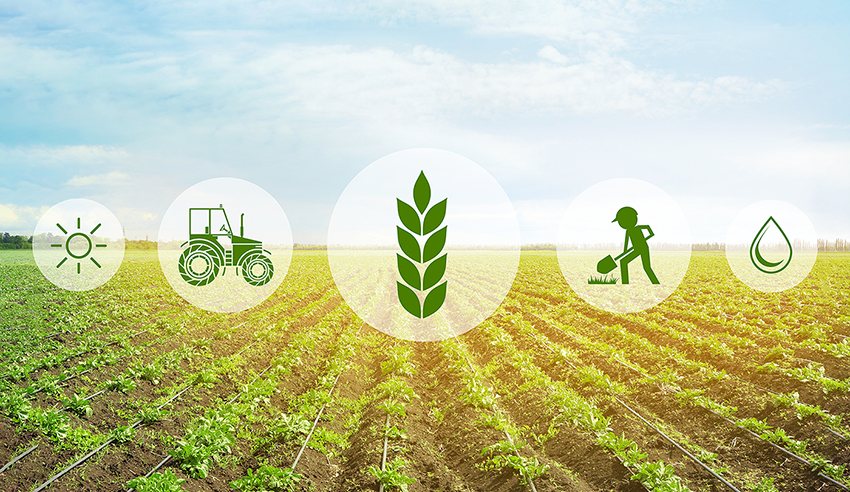
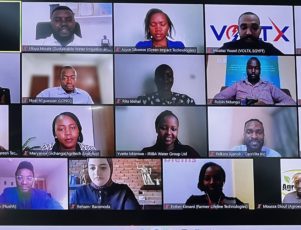
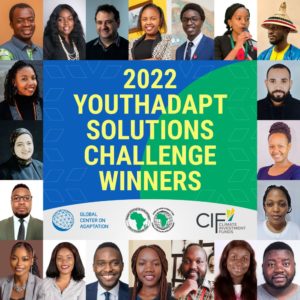
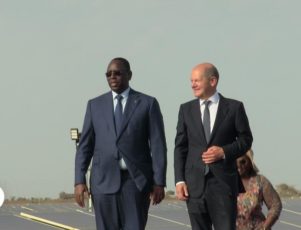
 The first major barrier for gas exports to Germany is the lack of infrastructure. Energy development projects are capital-intensive and generally require private-public partnerships. Sultan Wali, Ethiopia’s energy minister said that “African governments cannot carry out these projects alone.” Ndiarka Mbodji, the French-Senegalese founder of Berlin-based Kowry Energy echoed this, saying, “They need financial support from Germany and other rich western countries. Africa holds the key to resolving Europe’s energy crisis. And if we look at Africa’s resources, for example gas, you cannot underestimate its importance.”
The first major barrier for gas exports to Germany is the lack of infrastructure. Energy development projects are capital-intensive and generally require private-public partnerships. Sultan Wali, Ethiopia’s energy minister said that “African governments cannot carry out these projects alone.” Ndiarka Mbodji, the French-Senegalese founder of Berlin-based Kowry Energy echoed this, saying, “They need financial support from Germany and other rich western countries. Africa holds the key to resolving Europe’s energy crisis. And if we look at Africa’s resources, for example gas, you cannot underestimate its importance.” The
The 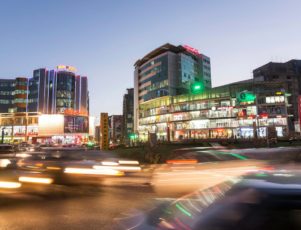
 AFEX Commodities Exchange Limited provides commodity brokerage services. The company has been developing a viable commodities exchange and supply chain infrastructure to support agricultural products since 2014, and it reached $31 million in revenue in 2020.
AFEX Commodities Exchange Limited provides commodity brokerage services. The company has been developing a viable commodities exchange and supply chain infrastructure to support agricultural products since 2014, and it reached $31 million in revenue in 2020.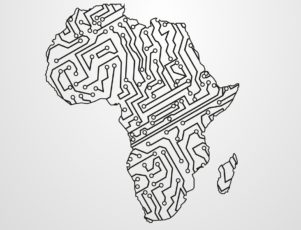
 A regional approach to data governance
A regional approach to data governance